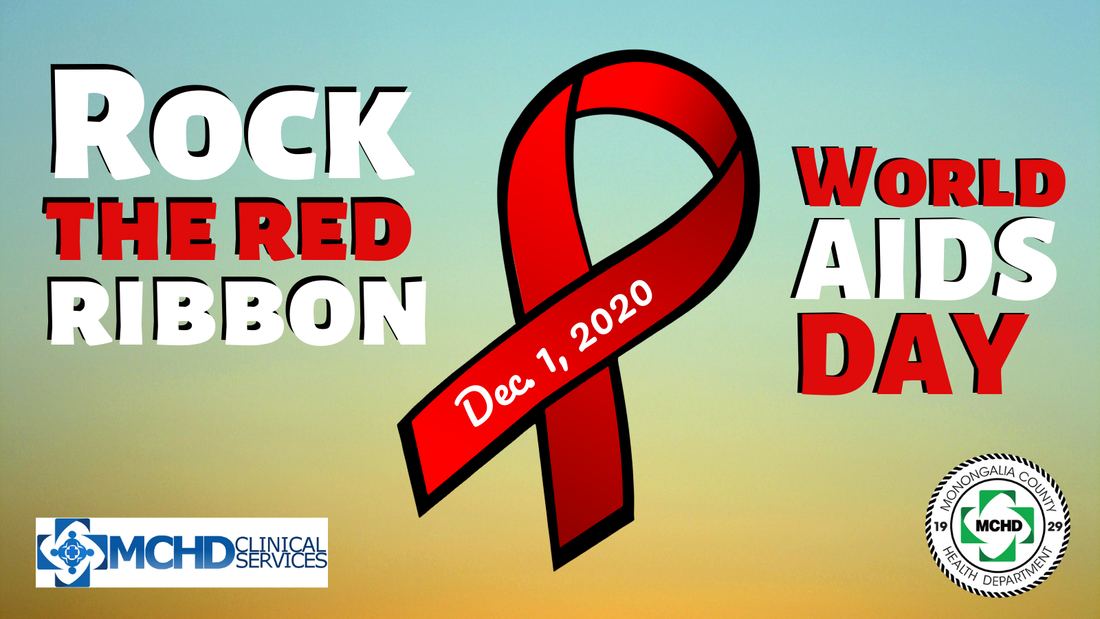World AIDS Day is a time to reflect on another epidemic

Dec. 1, 2020
By Matt Cimino
Today, Dec. 1, is dedicated to battling one of the world’s deadliest and most persistent epidemics. World AIDS Day recognizes the struggles that this disease brings upon people, and celebrates the resilience they have shown in the fight against it.
The first differentiation that needs to be made is between HIV and AIDS. Human Immunodeficiency Virus, or HIV for short, is the virus that attacks cells that defend your body from infections. It is spread through bodily fluids of an infected person, unprotected sex and in shared injection drug use.
AIDS stands for Acquired Immunodeficiency Syndrome. It is the condition that comes from extensive immune system damage caused by HIV. As the late stage of HIV, AIDS renders your body unable to defend against other viruses and infections.
If your body is unable to defend itself, complications can arise from opportunistic infections. The typical life expectancy of someone with AIDS who does not take HIV medicine is about three years, but life-threatening infections can reduce that time to about one year.
HIV testing is very important to halt progression of the virus before it develops into AIDS, and to protect from opportunistic infections. Monongalia County Health Department’s Clinical Services program offers HIV testing. Appointments can be made by calling 304-598-5119. Testing is free and our public health nursing staff members are friendly, non-judgmental and take patient confidentiality very seriously.
HIV/AIDS is one of the most significant public health challenges in the world. It is estimated that about 38 million people are living with HIV or AIDS worldwide. While new infections are down about 23% since 2010, prevention goals still miss health experts’ targets.
This is a problem that has not left West Virginia untouched. According to AIDSVu, an interactive online map displaying HIV/AIDS prevalence in the U.S., there were approximately 1,891 people in the state living with HIV. Much of these cases are believed to stem from communities abusing injection drugs. The Centers for Disease Control and Prevention believe that about 1 in 10 new HIV diagnoses in the United States stem from this.
Sharing needles and syringes presents a very high risk to contract HIV if someone with the virus previously used them. It is transmitted through blood left inside needles, where it can survive for up to 42 days.
The best way to reduce this risk is to stop injecting drugs. The battle against HIV/AIDS and substance misuse disorder both involve de-stigmatizing seeking help and treatment. If you do continue to use these drugs, never share needles or other injection equipment. Safely dispose of used needles and obtain sterile ones for each use.
Of course, HIV also can be sexually transmitted, so reducing the number of sexual partners and using a condom every time also are key steps to be safer. Alcohol and/or drugs also can lower inhibitions that also can lead individuals to make choices that they would not if they were sober.
HIV/AIDS has proven to be a difficult public health problem, and making progress against it takes patience and caution from the public and healthcare providers alike. Stay resilient, and understand the struggles this virus has put people through around the world, in the United States and here in West Virginia.
If you or someone you know is struggling with substance misuse, reach out for help to WV Sober Living at 304-413-4300.
Matt Cimino is a public information office intern at Monongalia County Health Department.